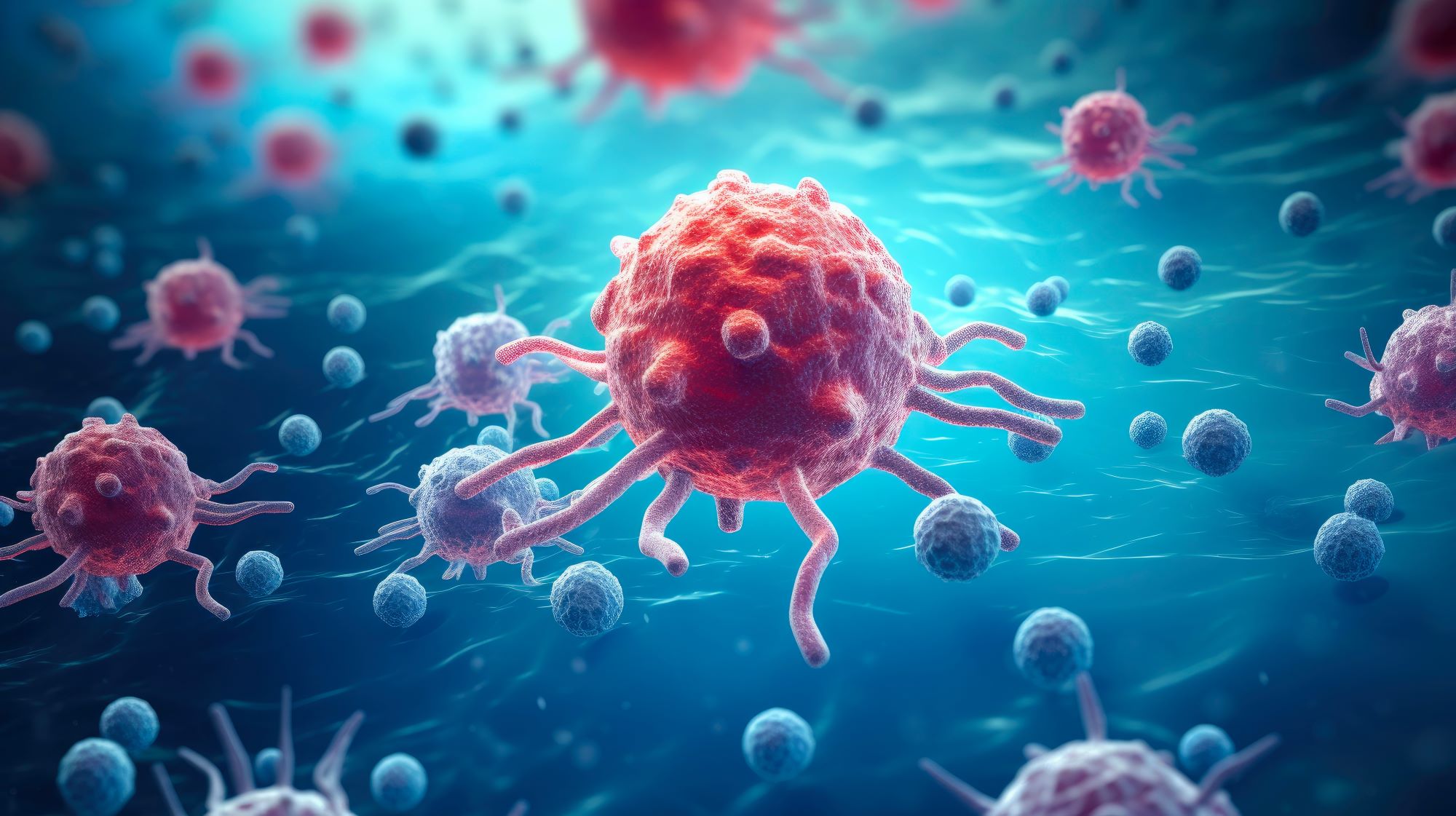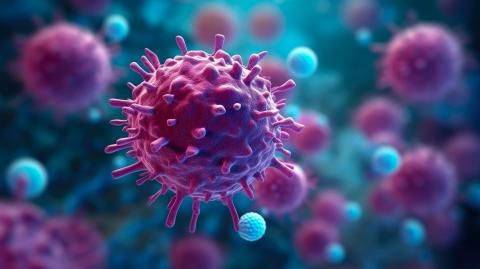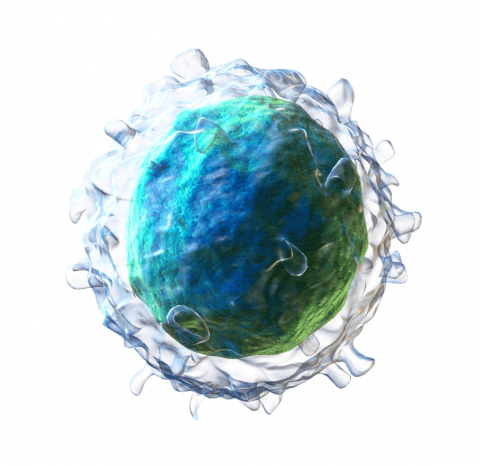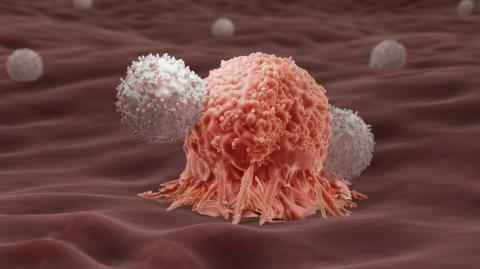Secondary tumours caused by CAR-T cell therapy very rare, study finds
CAR-T cell therapies may, in some cases, produce tumours secondary to treatment. A few months ago, the US Food and Drug Administration (FDA) said it was assessing this risk. Now, a study conducted at Stanford University Medical Center (USA) has tracked 724 patients who received this type of treatment since 2016. Of these, 14 developed another blood tumour, but only one was a T-cell lymphoma that could be a direct consequence of the therapy. Further analysis ruled out this link. The results are published in the journal NEJM.

Joaquín - CART NEJM (EN)
Joaquín Martínez López (EN)
Head of the Haematology Department at Hospital 12 de Octubre
This is a retrospective study with the limitations that this entails. It confirms the data previously presented by the University of Pennsylvania. However, the molecular study of the two tumours is of high quality.
Although the follow-up should be longer, it shows that CAR-T therapy does not develop secondary T-lymphomas at the moment, but that they are different events. The benefit of these treatments far outweighs the risk.
The main limitation of the study is that the follow-up time for this type of therapy is short.
Melero - CART NEJM (EN)
Ignacio Melero
Professor of Immunology at the University of Navarra, CIMA researcher and co-director of the Department of Immunology and Immunotherapy at the Clínica Universidad de Navarra.
This is a retrospective study of patients treated with CAR-T cells (CAR19) for the treatment of lymphomas. In a series of more than 700 patients, only one secondary lymphoma was detected, but it is not formed by CAR-T cells and does not have insertional mutagenesis (by insertion of the CAR gene encoded by the corresponding lentiviral vector). The cause of the second lymphoma is related to the clonal haematopoiesis mutations that the patient had as a predisposing factor and very possibly to the Epstein Barr virus.
An important message is that the risk of malignant transformation of CAR-T cells is not zero, but probably very low. The risk-benefit balance is clearly very favourable if we are talking about treating leukaemias, lymphomas or myelomas, but could become questionable for the treatment of autoimmune diseases, especially in children, such as neonatal systemic lupus erythematosus. This work suggests that the risk of CAR-T cell-derived T-cell lymphomas should be very low and possibly tolerable in these indications for non-malignant diseases.
This paper argues in that direction and the authors do excellent molecular detective work to prove beyond doubt that the second lymphoma in one of the patients does not consist of transformed CAR-T cells.
Manel Juan - CART NEJM (EN)
Manel Juan
Head of the Immunology Service
It is a scientifically impeccable work that puts in black and white what others have already shown: the concerns are nothing more than this and the side events do not depend in a very clear way on the CAR-T therapy itself.
Rather than very novel, it presents well elaborated and analysed data.
There are always limitations, but they are globally dissipated in a risk-benefit assessment.
Hamilton et al.
- Research article
- Peer reviewed
- Observational study
- People



